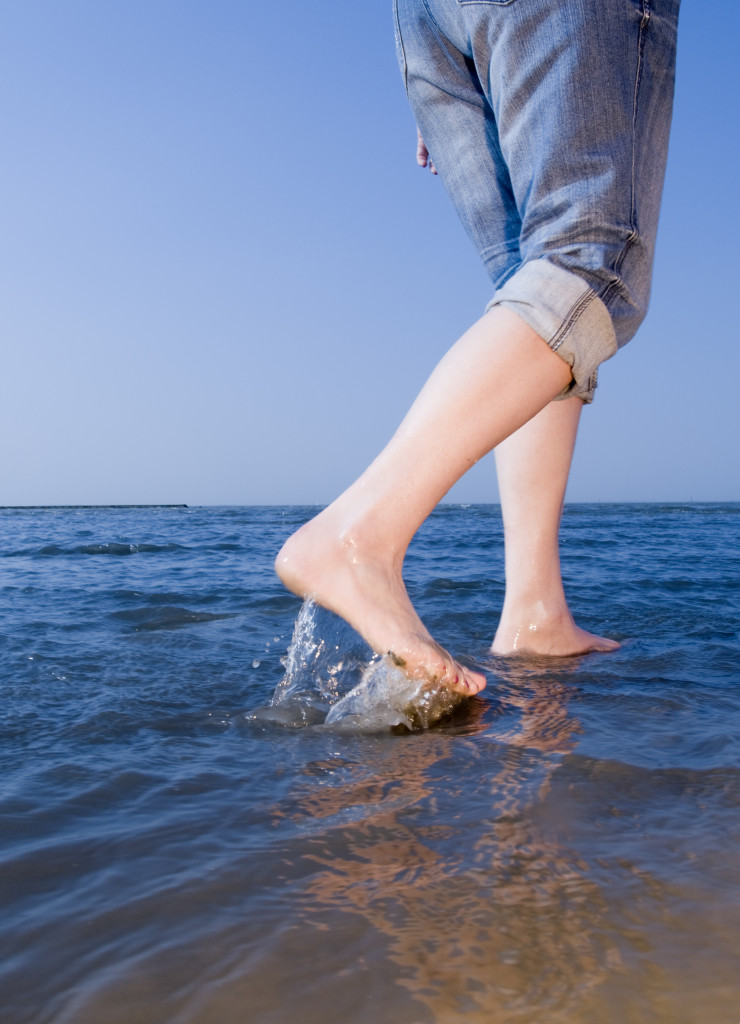Foot Health: A Step in the Right Direction
Congratulations! You are a senior citizen! You are now entitled to retire, receive discounts and even play Bingo 5 nights a week if you want! But aging also has its downfalls. Now you have a responsibility to yourself to keep your feet healthy so you can still participate in and enjoy life’s daily activities as you age. Follow these 5 important guidelines recommended by AW Health Care:
#1 Proper Foot Hygiene – Feet should be washed daily, taking special care to wash between the toes. Dry feet thoroughly because damp feet in shoes can lead to infection and fungus.
#2 Regular Foot Inspections – Watch for small cuts and sore spots on the feet which can lead to more serious infections.
#3: Proper Nail Care – Trim nails properly to avoid ingrown toenails and various infections.
#4 Foot Care for Diabetics – Seniors with diabetes must take extra care with daily foot inspections and routine doctor visits. Wear diabetic shoes, avoid going barefoot and soaking feet in hot water.
#5 Proper Footwear – Protect and support your feet with proper footwear.
If you have trouble with any of these recommendations, call AW Health Care. We can help you shop for shoes, manage your nail care, help you spot problems early and call your doctor when needed. (314) 726-5600
Foot Facts
Wearing high heels causes women to have about four times as many foot problems as men.
Something’s Afoot! Tips for Trying On Shoes
Try on later in the day because feet tend to swell by day end.
Your feet do change. So measure feet and try on both shoes with socks.
Make sure there is at least one half inch from your longest toe to the end of the shoe.
Heels should not slip and shoe should be comfortable right away.
Wide feet? Consider men’s shoes which are wider through the heel and the ball of the foot.
Bunions or hammertoes? Look for shoes with a wide toe box so toes move freely.
Going Barefoot This Summer? Be Awake!
People love to go barefoot. But many will suffer injuries such as cuts, puncture wounds and some nasty infections that may require surgery! Wearing shoes are your best protection. If you have diabetes, do not go barefoot.
See a doctor within 24 hours for a puncture wound.
Why? Unsterile foreign objects can embed deep inside the foot and must be cleaned properly and monitored to avoid complications, such as tissue and bone infections or damage to tendons and muscles.
Tip: Make sure you’ve been vaccinated against tetanus. Experts recommend adults get a booster shot every 10 years.
Why? Cuts and puncture wounds from sharp objects can lead to infections and illnesses such as tetanus.
Tip: Apply sunscreen to the tops and bottoms of your feet.
Why? Feet get sunburned too. According to FootHealthFacts.org, rare but deadly skin cancers can develop on the feet.
Tip: Wear flip-flops or sandals around swimming pools, locker rooms and beaches.
Why? Avoid cuts and abrasions from rough anti-slip surfaces and sharp objects hidden beneath sandy beaches. Prevent contact with bacteria and viruses that can cause athlete’s foot, plantar warts, and other problems.





Comments are closed.